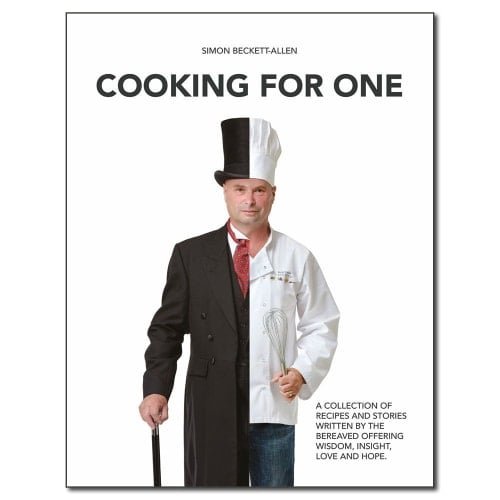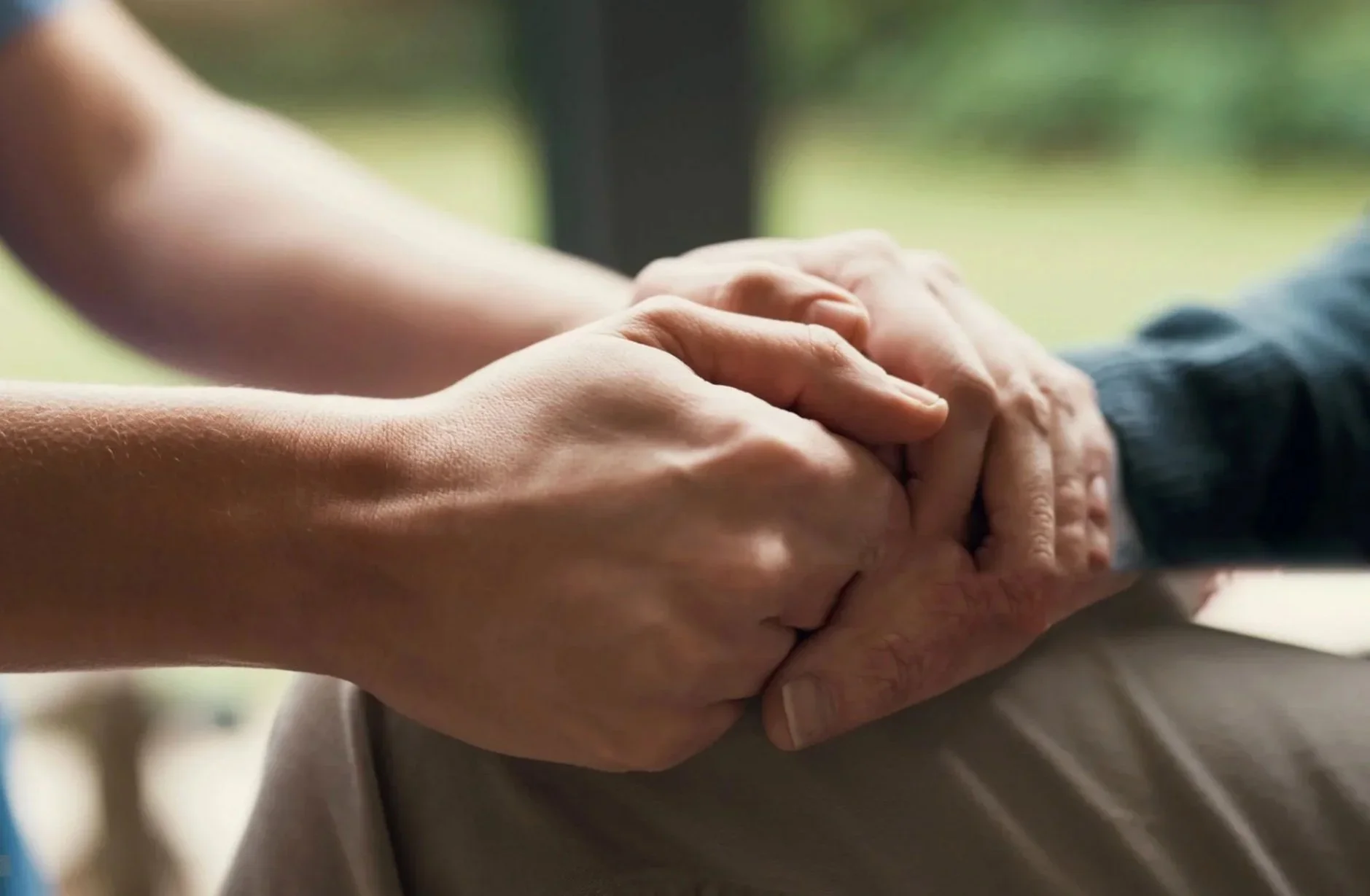Looking After Yourself - When You’re Mourning
Author: Sabine Horner
Overview: After the funeral, everyone else's lives seem to go back to normal, and you may be left wondering how you're going to cope. Read on for advice on taking care of yourself, crucial for your future wellbeing and that of others, when you’re still mourning.
Self Care When You Are Still Mourning
After the funeral, everyone else's lives seem to go back to normal, and you may be left wondering how you're going to cope because you are still mourning your loss. Read on for advice on taking care of yourself, crucial for your future wellbeing and that of others.
Don't underestimate the impact of grief on your whole life and well-being. This is the time for you to take extra care of yourself and, most importantly, get support from family, friends or professionals.
AtaLoss is dedicated to helping bereaved people find the right support whenever it is needed. Even if you don't feel as if you need support now, grief is like the waves of the sea and can hit us at unexpected times, even long after the person has died.
Here are a few words of advice;
Give Yourself Permission to Grieve
Although we live in a society which expects us to “be strong” and “carry on”, grief consumes a lot of energy and demands our attention. The only way to move forward and adapt to life without the person we have lost is to give ourselves permission to grieve. Don’t let others define your grief and tell you how you should feel.
Listen to Your Body
Our bodies usually let us know what they need and when. Listen to yours and eat if you feel hungry, drink water if you are thirsty and sleep when you feel tired. Get into the habit of exercising as it improves not just our physical health but our mental health as well. When we exercise, our bodies produce endorphins which lift our mood and improve the way we feel. Learn some breathing exercises and meditation to help you calm down and reduce the stress you are going through when you’re mourning the death of someone important to you.
Don’t Bottle up Your Emotions
Pretending that you are okay when you are not does not make grief disappear. We need to find healthy ways of expressing our feelings. Talking to someone helps and so does grief counselling. But not everyone needs counselling; there are many other ways to help you achieve the same result. You could start a journal and write about your feelings and thoughts. This can help to validate our grief and enable us to work it through in a healthy way.
Socialising
If you’re still mourning or feeling a lot of grief because wanting to withdraw from your social life and restrict yourself to the boundaries of your own home is normal. However, try to make an effort to prevent this from becoming a habit. Interacting with others and spending time with those close to you are important for our healing.
Family and Friends
Your family, friends and those close to you are important. Try to give them the chance to do what they can to make life easier for you at this difficult time. If appropriate, involve them in the funeral planning process, ask for second opinions on decisions you need to make etc. Let them know that they are an important part of your life and if you’re still mourning or struggling with grief let them know.
Support Groups
If you are not comfortable sharing grief with family and friends, join a local support group or an online one. These groups provide a safe environment in which you can share your feelings and draw inspiration from the experience of others. Grief creates a strong bond between people and you can benefit from being among others who are on the same journey. Consider joining a The Bereavement Journey® group or one of the many groups and services available.
GriefChat
GriefChat is a free online service which connects you to a bereavement counsellor who is specially trained to listen to you and to point you in the direction of further help and support. It’s available Monday to Friday, 9am to 9pm and you can benefit from it by clicking here.
Let Others Know You Are Grieving or Remembering Someone
We've designed a lovely badge that can help you tell others without you having to say anything. Our Heartsease badge can be worn when you are grieving or to remember your special person on their birthday, an anniversary or special day. Available to buy in our on-line shop.
Here Are Other Ways to Look After Yourself
Eating Well
Some people lose their appetite when they’re grieving. If this happens, your appetite may start to return when you’ve had time to grieve. Other people might not feel like cooking and start eating unhealthy foods.
Even if you don’t feel like it, try to eat as healthily as you can. Eating healthily will give you the energy to get things done and help you to cope better with day-to-day life. Sharing food with friends and family can also help you to share your loss which is an important part of the grieving process, so do accept invitations to meals. If cooking for one is new to you, we recommend you try this book written especially for bereaved people on their own.
Here Are Other Helpful Resources About Eating and Drinking When You Are Grieving
Nourish your body when you are grieving.
Why we can't stomach food when we lose a loved one.
Top tips to keep well-hydrated when grieving.
Sleeping
Emotional stress such as grief will exhaust you. If you're having trouble sleeping, you can visit your GP for temporary support which sleeping tablets offer. But try things such as exercising during the day, avoiding caffeine and alcohol, and going to bed at the same time each night - perhaps a little earlier than usual.
If you are kept awake at night thinking about the person who has died, try talking to close friends or family. Talking really helps.
Crying if You Want To
Crying is the body's way to reduce stress and soothe itself. It is a normal reaction to sadness, and it doesn't matter whether it's days, weeks, months or years after the death. If you feel like crying, try not to question it. If you want to scream, that's okay too although do it where you won't cause alarm.
It's also okay not to feel like crying. Some people feel numb with grief. Everyone experiences grief differently and that's an important thing to recognise. So don't feel guilty if someone else cries and you can't. Grief is dealt with in different ways.
Invest in Yourself
It's okay to pamper yourself when you are bereaved. In fact, it is good that you do, and without guilt. If you have caring responsibilities, you may be inclined to focus on those you are caring for, neglecting yourself. But you can only be the best for them if you invest in yourself. Make time to read, walk, have a massage or whatever you feel you need. And ask others to help by e.g. looking after those you care for for an afternoon, accompany you for a walk, help with domestic chores, or help you to get out.
Being Aware of Over-activity
It is a natural thing to keep ourselves busy when we have been bereaved. This can be a useful distraction but in time it only buries the pain. Trying to avoid our pain or suppress it in the end only prolongs the grieving process. Acknowledging your pain and taking responsibility for your feelings will help you avoid the complications often associated with unresolved grief, such as depression, anxiety, substance abuse, and health problems.
Being Aware of Other Ways We Can Mask Grief
When we are bereaved, it can feel as though we are helping ourselves by resorting to various ways of relieving our pain. These can be food, alcohol/drugs, TV, movies, books, isolation, sex, shopping, exercise, workaholism etc. Most of these are not harmful, in fact some are healthy, but they become harmful when they are used for the wrong reasons… to cover-up, hide or suppress our grief.
Remember…
Allowing yourself to grieve is the best thing you can do. There is no 'normal' in grief but however you respond to your loss it is best to recognise this and share your feelings with others. Coming to terms with your loss does not mean 'moving on' and forgetting the person. It means you will learn to live the life that you have now well, cherishing the one you have lost.
Latest Articles






